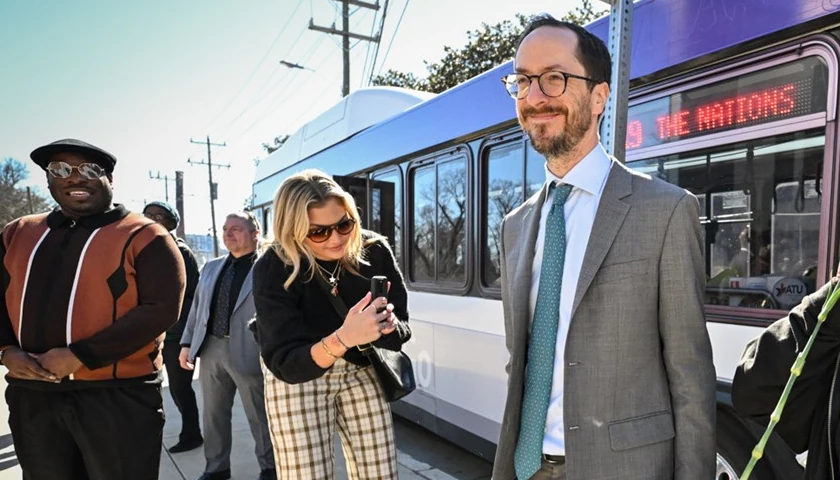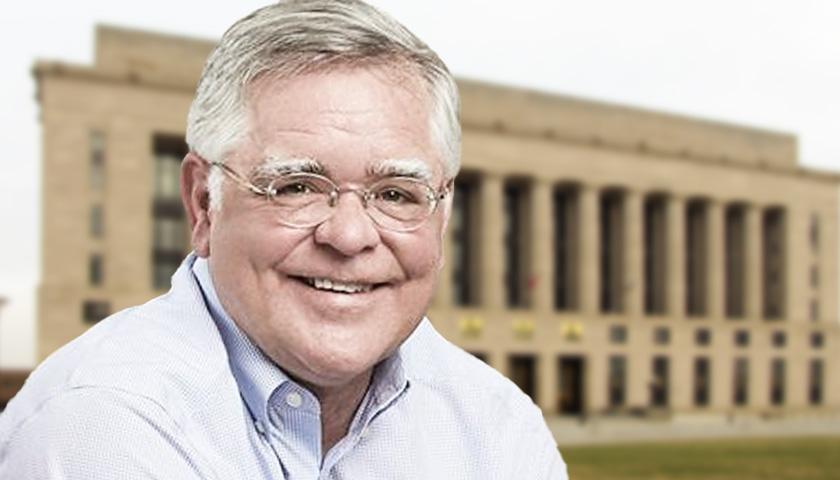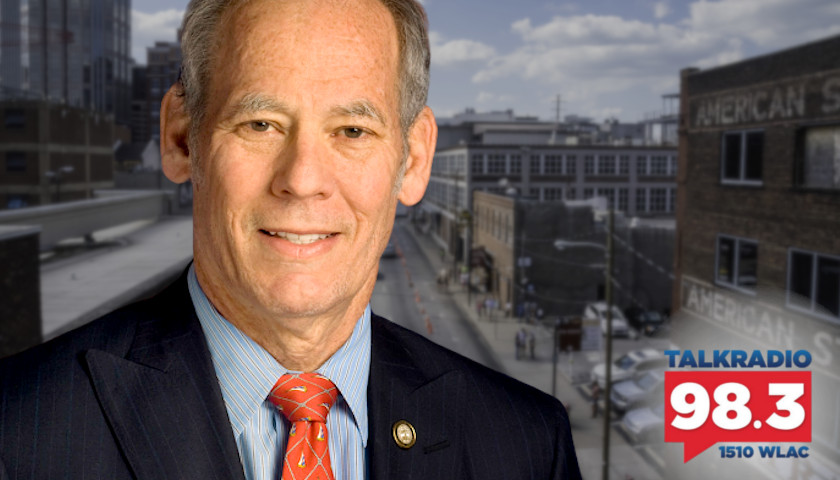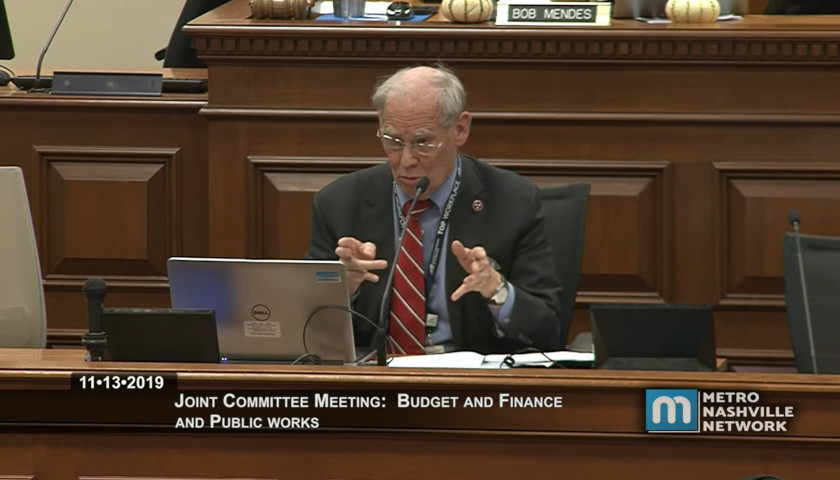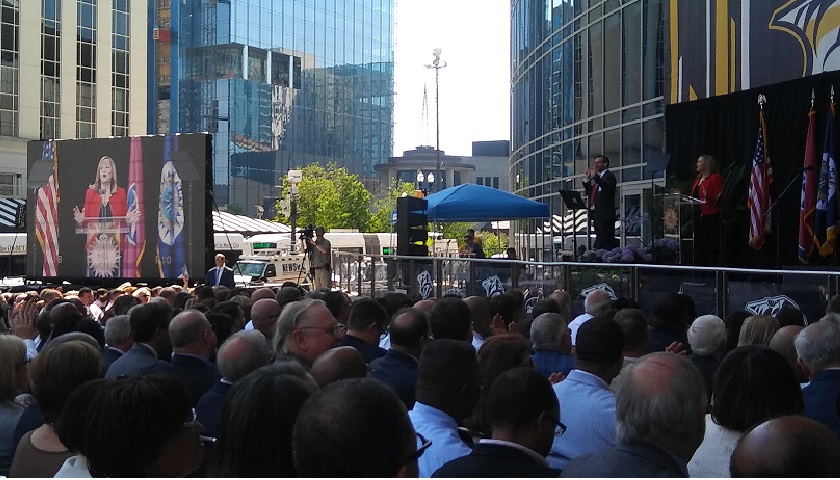Despite Nashville voters passing the $6.9 billion Choose How You Move transit referendum proposed by Nashville Mayor Freddie O’Connell, the mayor now seeks additional transit spending through the metro’s annual Capital Spending Plan (CSP).
O’Connell first proposed his $527 million CSP last Wednesday, with the mayor stating his proposed spending will “prepare us for the work to come from Choose How You Move.”
Read the full story
